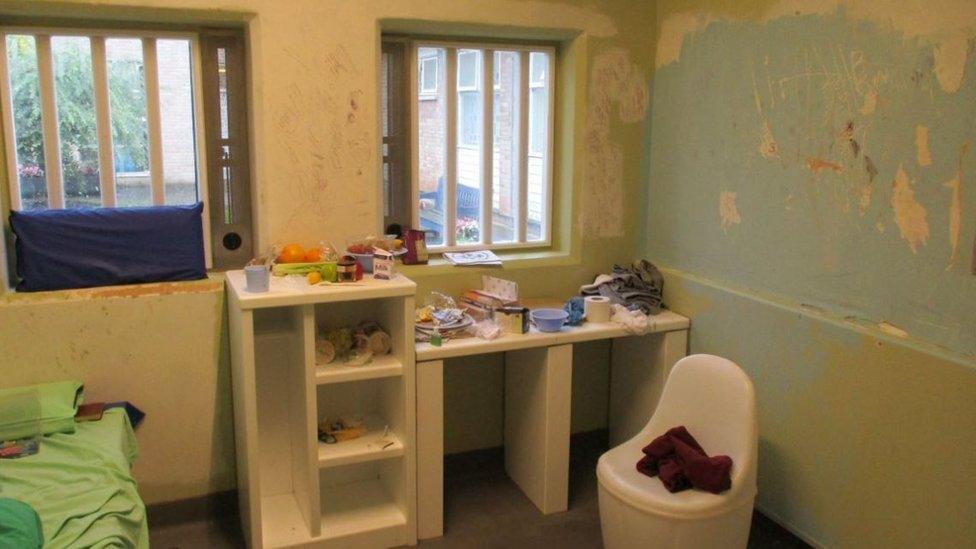Prisoners with mental illness wait too long for beds
- Published
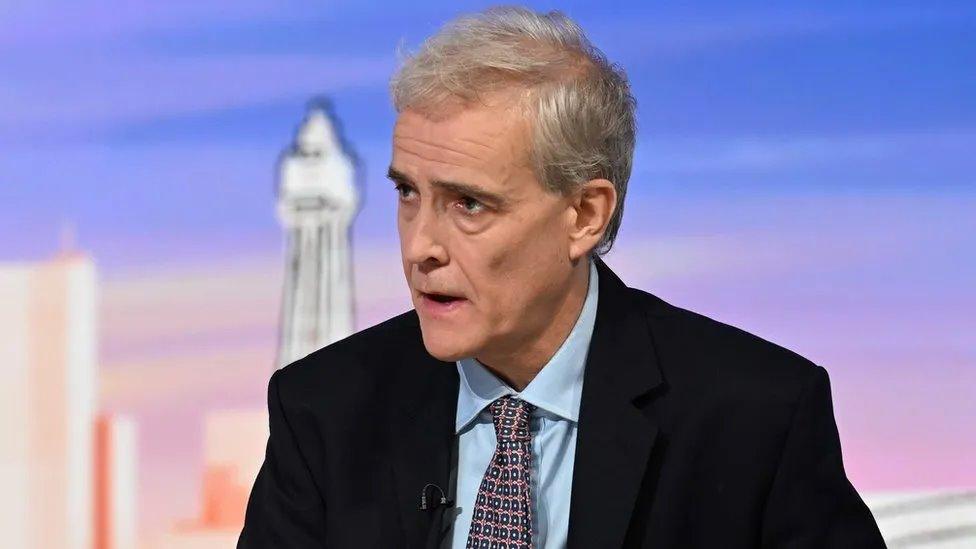
Chief Inspector of Prisons, Charlie Taylor, says prisoners are suffering while they wait for hospital beds
Prisoners with severe mental illnesses are waiting too long for hospital care, says the chief inspector of prisons.
A new report, external shows inmates are waiting an average of 85 days to be sent to hospital, with the longest wait 462 days - the threshold is 28 days.
It comes a year after an inspection of a mental health unit in a prison near Bristol found it to be like "a Victorian asylum".
The NHS and the Ministry of Justice have been approached for comment.
"These are people who shouldn't be in prison at all. They're too ill to be in prison, they should be in hospital," said HM Chief Inspector of Prisons Charlie Taylor.
A lack of secure beds is partly blamed for the backlog.
During a 2022 visit to HMP Eastwood Park, to the north of Bristol, Mr Taylor said he witnessed "bloodstains on the floor and scratch marks on the walls - evidence of the levels of distress of the women being held there".
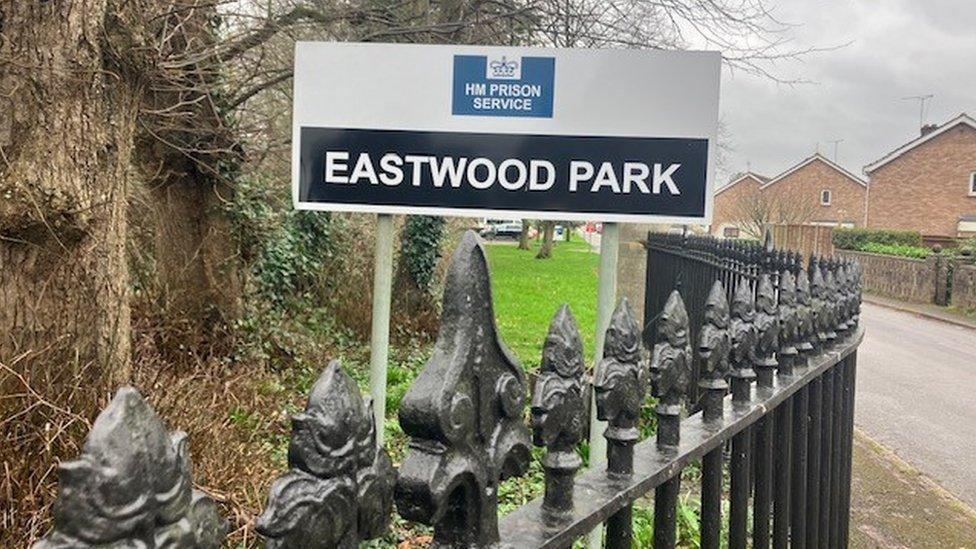
Previously, women at Eastwood Park were found to be "in enormous distress" but it has since made improvements
Staff were also unable to stop one inmate from repeatedly running into a brick wall due to a lack of suitable training.
Mr Taylor said since his visit, improvements had been made and "there's a real sense of purpose about the place now" with the staff better trained.
But he said "bureaucratic processes" continue to extend the 28-day threshold for sending prisoners with severe mental health issues to hospital care.
This means in cases he's witnessed suffering "continued and continued far longer than it should have done," he said.
Prisoners cannot legally access care under the Mental Health Act while in prison and must be moved to a hospital.
Once the need for transfer has been identified, people should be transferred within 28 days.
However, Mr Taylor's latest report found across 21 prisons in England only 15% of people were being transferred within this timeframe, with some waiting more than a year.
In that time, because of the risk of violence to others or to themselves triggered by their illness, patients are held in solitary confinement in bleak cells overseen by prison officers with little or no mental health training.
A leading psychiatric nurse puts the backlog down to NHS cuts in forensic beds.
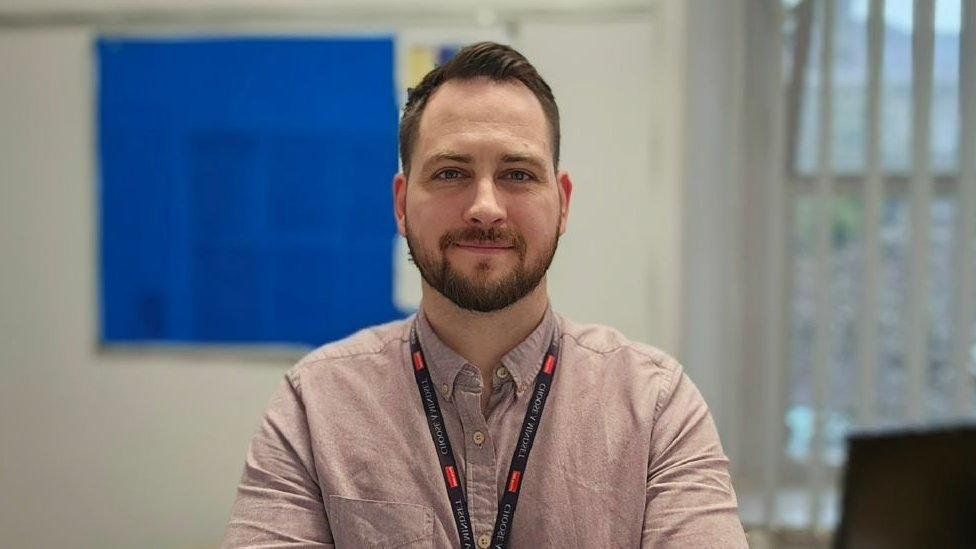
Mr Williams said Fromeside secure unit was "pretty much always full to capacity"
Rob Williams, who worked at Eastwood Park and Fromeside Medium Secure Unit in 2018, is now a senior lecturer in mental health nursing at the University West of England.
He said the biggest challenge is that women are often transferred from across the country because of a lack of women's prisons.
"We had people who'd committed offences in Newcastle who'd ended up with us in Bristol while I was there.
He said it was then down to the logistics and negotiation of getting a team from Newcastle to accept travelling down to assess them.
"So time, delays, and complexities, and there are also pressures around bed spaces."
"I think it's a perfect storm," he added.
"The reality is that mental health service provision over the last decade has been cut quite significantly."
He explained there were approximately 3,000 fewer secure beds available than in 2010 but "the targets for moving people into those beds have remained unchanged".
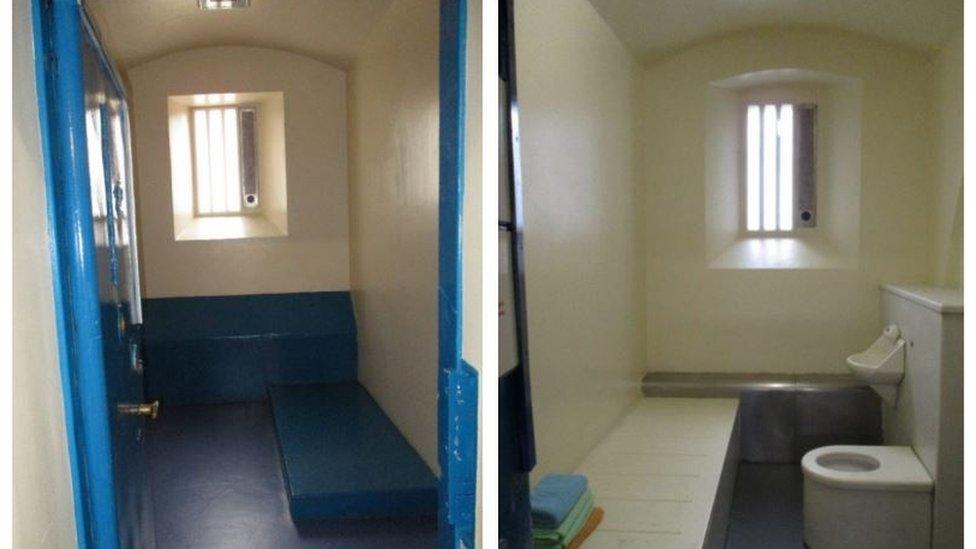
Three women died at Eastwood Park last year, and inspectors found rates of self-harm had more than doubled since 2019
The Independent Monitoring Board [IMB] at Eastwood Park shared the concerns around the delays and has "continued to monitor progress in improving care in the complex prisoners' unit".
It points out that in September 2023, His Majesty's Inspectorate of Prisons (HMIP) returned to carry out an Independent Review of Progress and found the unit "had made good progress in improving the experience for women, with a much clearer purpose and criteria for admission".
The IMB said the inspectors "remained rightly concerned" there were still delays in women accessing specialised care but said "most of the delays to transfers are not within the control of leaders at Eastwood Park".
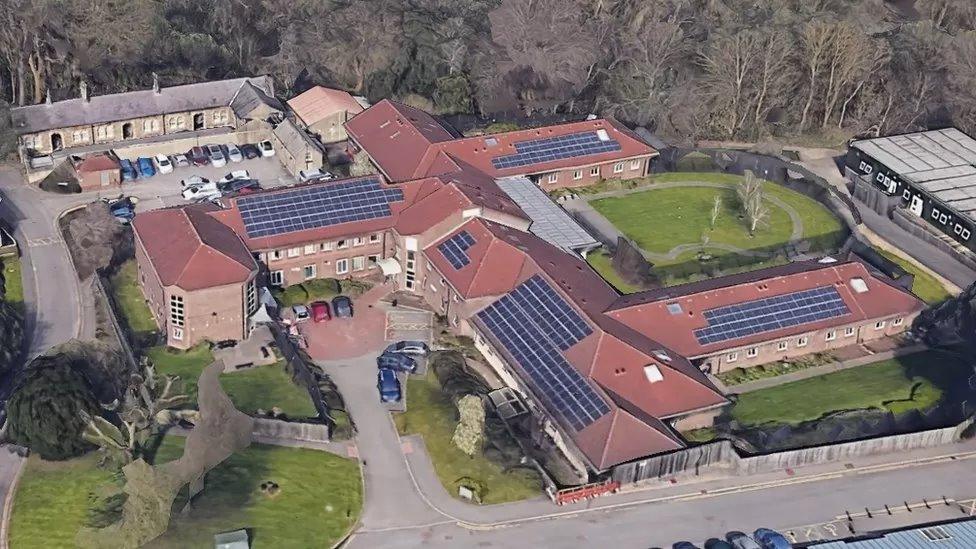
There are only 12 forensic beds at Fromeside unit, run by Avon and Wiltshire Mental Health Partnership, for women prisoners to use
Dr Josanne Holloway, chair of the Royal College of Psychiatrists' Forensic Psychiatry Faculty, and Dr Jeremy Kenney-Herbet, vice-chair of the Forensic Faculty, said the delays were "unacceptable" and "in many cases due to high levels of demand and a lack of capacity".
"More consideration needs to be given to how services are configured to meet people's needs."
They added: "We also need to examine what measures can be taken to prevent people with severe mental disorders from entering the criminal justice system in the first place and what can be done to reduce the risk of their condition worsening or relapsing once they are in the system.
"Government, the criminal justice system and mental health services have a duty to work together and tackle this issue through a national, collaborative and cohesive approach."
A Department of Health and Social Care spokesperson confirmed offenders are able to access mental health support in prison, where they are also helped to get off drugs and into rehabilitation.
"NHS England is investing in post-custody care to help prison leavers access their community-based health services - helping to reduce reoffending, cut crime and protect the public," it stated.

Follow BBC West on Facebook, external, X, external and Instagram, external. Send your story ideas to: bristol@bbc.co.uk , external
- Published12 October 2023
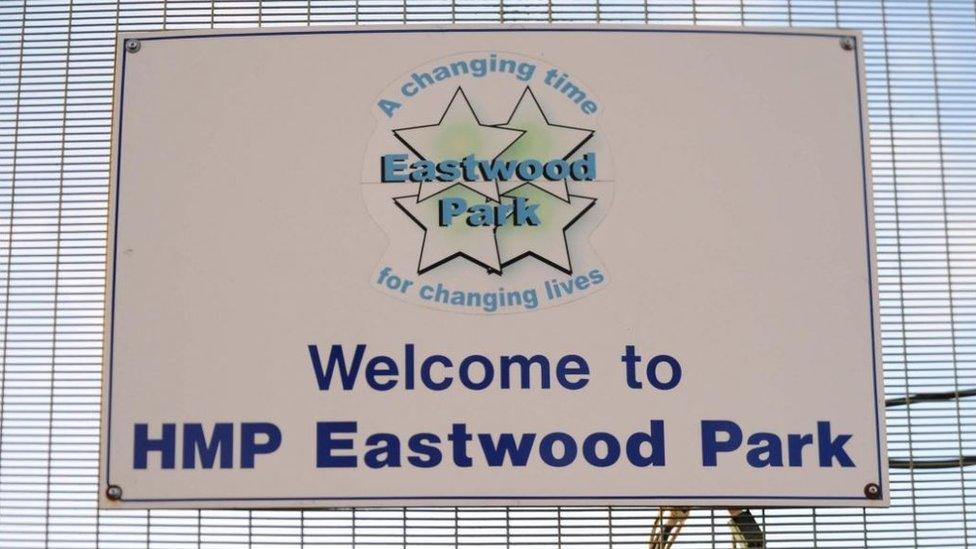
- Published14 March 2023
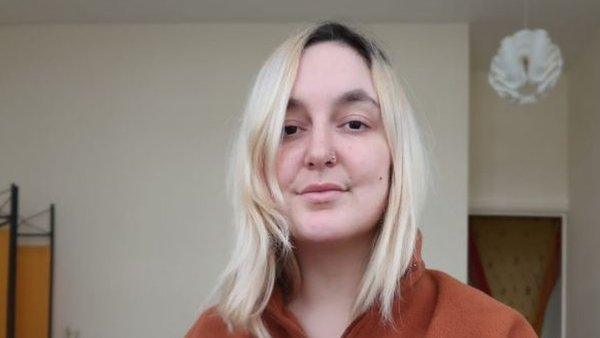
- Published3 February 2023
